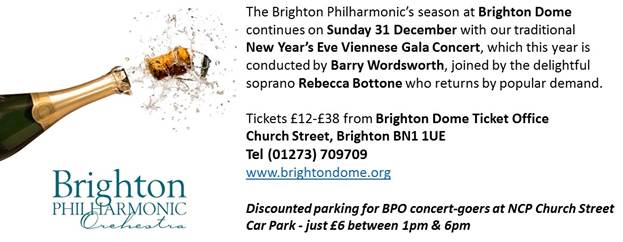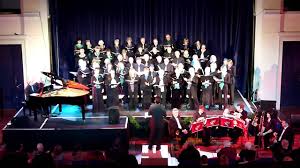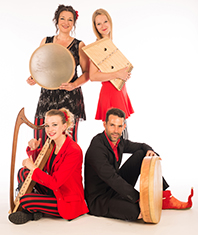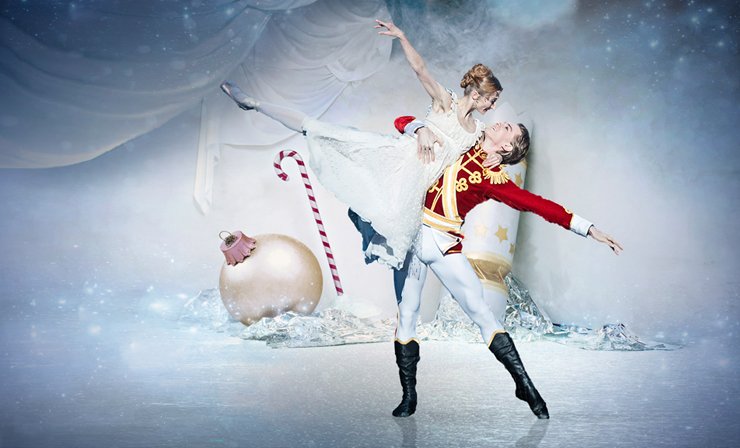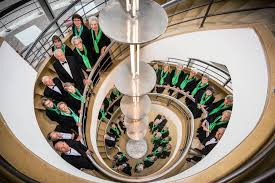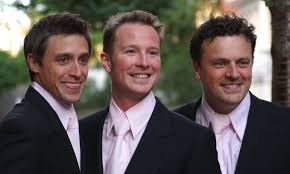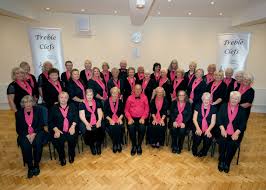Regent’s Park Open Air Theatre have announced the casting The Turn of the Screw, a co-production with English National Opera, which plays 22 – 30 June as part of their 2018 season. Two casts will play on alternate performances.
The Prologue and role of Peter Quint will be shared by Elgan Ll?r Thomas and William Morgan. Elgan Ll?r Thomas makes his English National Opera debut as a new ENO Harewood Artist having also covered the role of Count Almaviva in The Barber of Seville. A 2016/17 Scottish Opera Emerging Artist, credits include The Elixir of Love, and The Trial with other credits including Il Barbiere di Siviglia (Mananan International Festival), Paul Bunyan (Welsh National Youth Opera) and Eugene Onegin (Garsington Opera). He is currently singing in The Barber of Seville with the Theatre des Champs-Elysees.
Previously for English National Opera, William Morgan has appeared in The Day After and Between Worlds (ENO at the Barbican) and Le Comte Ory (ENO’s Opera Works programme at Sadler’s Wells. Other notable credits include L’Orfeo (Bayerische Staatsoper), Hippolyte et Aricie (Glyndebourne), The Rake’s Progress (European Tour) and as Anthony in Sweeney Todd(Longborough Festival).
Miss Jessel will be played by Nadine Livingston and Rachael Lloyd. Nadine Livingston, Scottish Opera Emerging Artist 2009-2011 has appeared as Mimi and Musetta in La bohème, Micaela in Carmen, Susanna in Le nozze di Figaro, and appears as Nedda in their 2018 production of Pagliacci. Other notable credits include Eugene Onegin (Ryedale Festival) The Minotaur, Gloriana and The Ring Cycle (Royal Opera House), as well as extensive Oratorio and Concert appearances.
For English National Opera, Rachael Lloyd has appeared in The Day After, The Magic Flute, and as Pitti-Sing in The Mikado. Other notable credits include Carmen (Raymond Gubbay), Lucia di Lammermoor and Madama Butterfly (Royal Opera House), Giulio Cesare (Glyndebourne) and A Little Night Music (Théâtre du Châtelet).
Mrs Grose will be played by Janis Kelly and Sarah Pring. Janis Kelly has performed with English National Opera for over 30 years, and takes the role of Marcellina in The Marriage of Figaro in Spring 2018. She received worldwide acclaim for her portrayal of the title role in Rufus Wainwright’s Prima Donna, which she performed at the Manchester International Festival (World Premiere), Sadler’s Wells, Toronto, Portland, in concert at the Royal Opera House and Teatro Real, Madrid, and is now available on CD. Other recent appearances include Mrs Lovett in Sweeney Todd (Welsh National Opera), Mrs Nixon in Nixon in China (Metropolitan Opera, New York/Omroep Muziek/English National Opera), Lady Billows in Albert Herring (Los Angeles Opera) and Hazel George in the World Premiere of Philip Glass’ The Perfect American (Teatro Real, Madrid/English National Opera).
Sarah Pring has previously appeared with English National Opera in Lucia di Lammermoor, Jenufa, and reprises her performance as Mrs Alexander in Satyagraha in February 2018. Other recent credits include Lady Bertram in Mansfield Park (The Grange Festival), Mother in Hansel and Gretel (Opera North), Marcellina in Le nozze di Figaro (Welsh National Opera) and, at the Royal Opera House, as Berta in Il barbiere di Siviglia, Giovanna in Rigoletto, and Annina in La traviata.
The role of the Governess will be played by Anita Watson and Rhian Lois. Anita Watson has previously appeared as the Governess in The Turn of the Screw (La Fenice, Venice), Die Zauberflöte and as Gretel in Hänsel und Gretel (Royal Opera House), Don Giovanni (Australian Opera/Nederlandse Reisopera/ Landestheater Salzburg/Scottish Opera/Teatro La Fenice, Venice), as Mimi in La bohème and as Anne Trulove in The Rake’s Progress (Teatro Municipal de Santiago).
Rhian Lois is an ENO Harewood Artist, taking the role of Susanna in The Marriage of Figaro in Spring 2018. Previous English National Opera credits include Atalanta in Xerxes, Musetta in La bohème, Frasquita in Carmen, Papagena in The Magic Flute, Peter Grimes, Between Worlds and The Passenger. Other notable credits include Figaro Gets a Divorce (Grand Théâtre de Genève), Die Fladermaus (Welsh National Opera), Don Giovanni (Santa Fe) and The Magic Flute (Royal Opera House).
The roles of Flora and Miles will be announced in due course.
Artistic Director of Regent’s Park Open Air Theatre, Timothy Sheader, directs The Turn of the Screw, which plays 10 performances from 22 June – 30 June 2018. ENO Mackerras FellowToby Purser conducts members of the ENO orchestra, and the production is designed by Soutra Gilmour. Completing the creative team, lighting design is by Jon Clark, sound design byNick Lidster for Autograph, and casting by ENO Head of Casting, Michelle Williams. Barbara Houseman is the Season Associate Director (Voice and Text) for the 2018 season.

